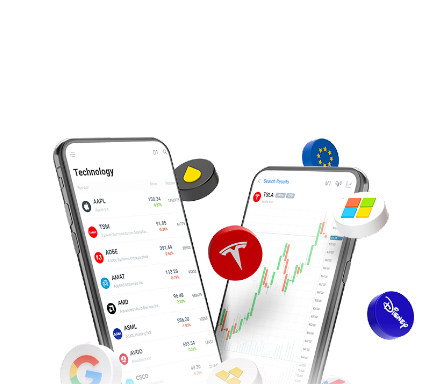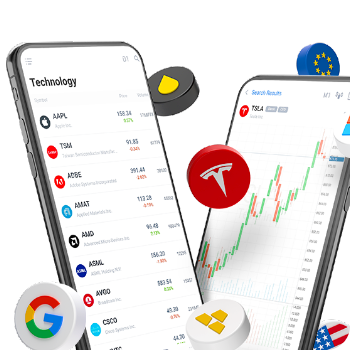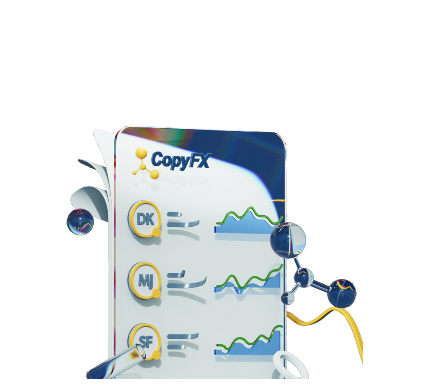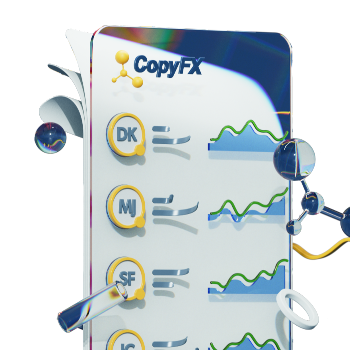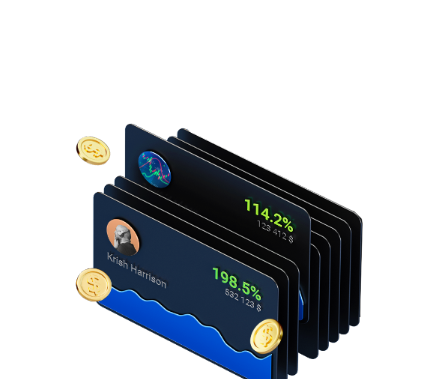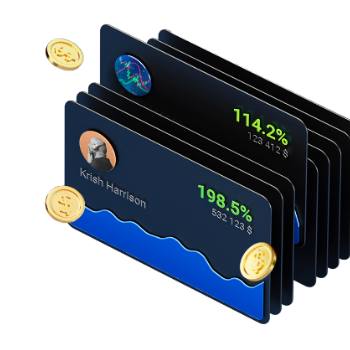What is Forex? Introduction to the Foreign Exchange Market
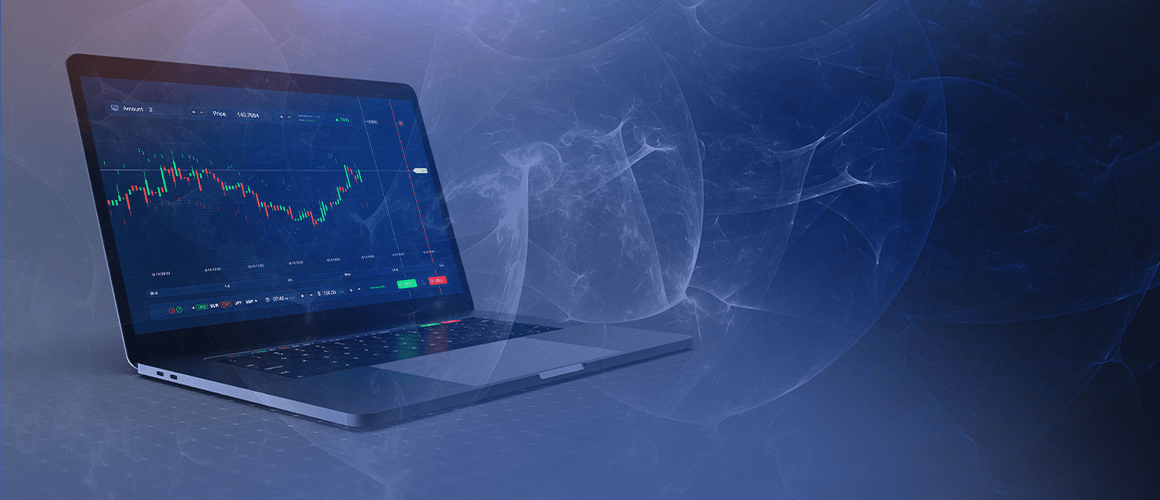
11 minutes for reading
What is Forex?
Forex exchange market (name derived from FOReign EXchange) is an international market meant for broker companies, banks and investment funds trading currencies. Currency exchange market formed in the 70-s when the financial world passed from the gold standard to free currency pricing. The market works on the basis of free conversion of currencies without state interference and guarantees freedom of such transactions. At the same time, there is a number of rules and restrictions regulating relationship between traders and brokers.
Sometimes one might hear Forex called monetary exchange; however, this is wrong. Forex is an international non-stock exchange without a particular place for trading. One can trade via the Internet or using a telephone. Market players can make currency transaction from any spot on the globe. So long that Forex is a non-stock exchange, transactions may go without registration.
Though Forex players do not have to worry about the place of trading, their work still depends greatly on trading hours which vary in different parts of the world: in Asia-Pacific, in Europe and in North America.
Starting 1989 Bank for International Settlements (BIS) carries out a thorough analysis of the market every 3 years. Data shows that the daily turnover of Forex was 1.5 trillion USD in the year 2000 and reached 4.0 trillion USD 10 years later. BIS experts forecast the growth of Forex daily turnover up to 10 trillion USD by 2020. Part of this volume is provided by margin trading which implies contracting for sums substantially bigger than the actual capital of one transactor. Regardless of nature and the purposes of transactions, a large daily turnover guarantees high liquidity of the market. Another fact is that roughly 75% of transactions on Forex are conducted by American banks.
Forex Market Characteristics
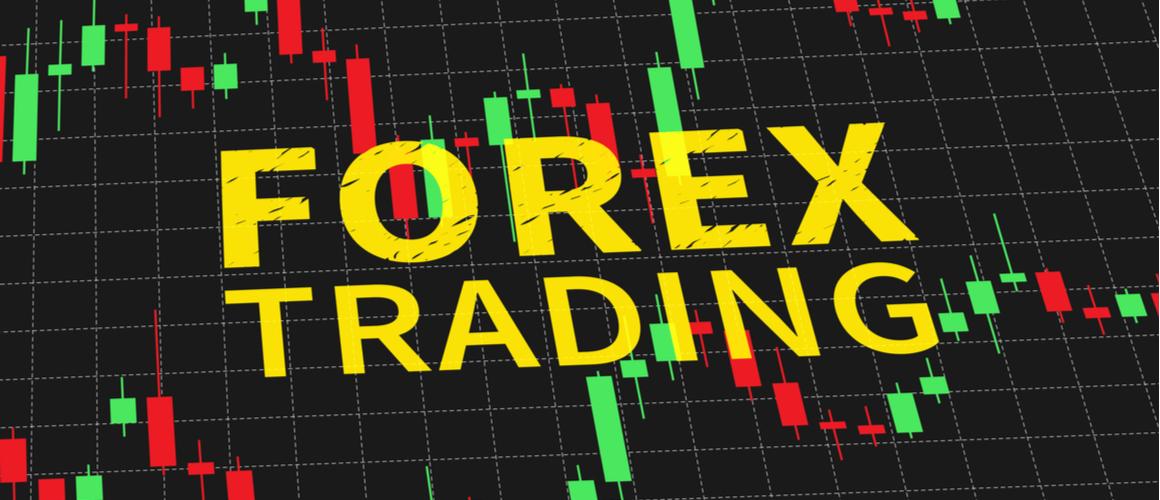
The international exchange market Forex is of one of the most numerous types of financial markets existing at present. At the same time it is one of the largest markets. As other markets do, it attracts traders and investors offering them an opportunity to make a profit on the difference in exchange rates or just to exchange one currency for another. Every person making an exchange operation via a mobile bank application automatically becomes part of the scheme which connects the participants through various information systems and gives them access to currency exchange operations Monday to Friday 24 hours a day.
Forex has a number of advantages distinguishing it from other market types.
Availability
To become a Forex player and get an opportunity to make a profit on the difference in exchange rates, one has to open a trading account in a company providing such services. Then one has just to replenish their account and start trading. It is worth remembering that successful trading requires some experience and certain knowledge of chart analysis. However, almost any person can integrate rather easily into trader community.
Leverage
When buying or selling currencies a trader does not need to have a deposit covering the price of the whole contract. A leverage will help enhance one’s financial potential, because it allows for transaction amounting to much bigger sums than the trader possesses. On the one hand, this is an opportunity to earn a substantial profit with a modest sum on the account; on the other hand, risks grow accordingly. Thus, the risks are to be thoroughly studied and controlled. More information you can find in our posts What is Leverage and How to Trade with Leverage.
High volatility
Volatility means any changes in the price of an instrument. Forex is a market of high volatility. Exchange rates are particularly quick to change, and a trader’s aim is to make a profit on their volatility. That is why the bigger the changes are, the bigger is the trader’s profit, regardless of whether a currency is growing or falling in price, the latter phenomenon being yet another characteristic of the market. The truth is that traders can equally make a profit out of rises and out of falls of currencies. That is why high volatility together with leverage provides an excellent opportunity for earning money. However, risks are to be taken into account.
24-hours activity
As mentioned above, Forex functions Monday through Friday 24 hours a day. There are always sellers and buyers on the market. One may use aggressive American sessions with crazy volatility as well as quiet Asian sessions with minimal changes of rates. Market analysis can be performed in the morning as well as in the evening; positions can be opened any time in order to make a profit on currency volatility. This is a great advantage compared to stock market which allows trading only during their trading sessions.
Transparency
Market players can get full information about the market from any source. Important news influencing exchange rates are announced at dates and times known in advance. The market reacts, and traders answer to its movements. In other words, before the announcement of certain news (for example, unemployment rates) no one can tell what follows and how the market will react upon an expected event; before something happens everyone operates the same amount of data.
High liquidity
The goods of an exchange market is money. It is considered to be goods of high liquidity which means one can easily exchange one currency for another at any moment. Low liquidity is typical of, say, real estate: an apartment can be sold quickly only if the seller requires a price substantially lower than the market price. In our case a trader can always open a position on Forex at current rates and easily close it, because the exchange market is so vast one can find a buyer or a seller at any moment.
Transaction swiftness
For opening a position and buying or selling necessary currency, it is enough to press the key “Order” at the terminal. In case one wants to close a position (for example, to lock in profits), it is enough to press the key “Close order”. It only takes a split second.
Thus, Forex is rather different from other markets. It allows for a quick access to trading and work from any spot on the globe at any time convenient.
Using a leverage trader can make a transaction for a sum significantly bigger than the sum on their account. Exchange rates are changing constantly which provides another opportunity for making a profit. High liquidity allows for fast opening and closing of positions virtually at any moment.
Forex market players
International inter-bank market Forex is a non-stock trading platform. In other words, the platform does not exist physically. All operations take place on the Net. Presently, major Forex players are national Central banks of different countries.
Most influential ones are the European Central Bank and the Federal Reserve System. Central banks of other countries also influence the volatility of currencies, their aim being prevention of steep surges in prices.
Commercial banks are also present on Forex. They can hardly influence monetary and credit policy of major players; however, they significantly enhance the liquidity on the market. Commercial banks make speculative influence, constantly manipulating exchange rates in order to make a profit and making lots of transactions. Commercial banks make profit out of spread which is the difference between buying and selling rates.
Apart from banks, other Forex players are brokers, broker companies and dealing services which contribute a lot to currency price formation as agents. What is more, they give access to the inter-bank market to individual traders and investors; trading via broker and dealing companies, individuals make the largest part of transactions on the market.
Yet another group of Forex players is comprised of funds: insurance, pensions and hedge funds. They make the largest, sometimes rather aggressive transactions on the market. Their goal is nothing else but to make a profit out of the difference in exchange rates.
The next group of market players consists of importer and exporter companies; as a rule, they have no direct access to the market, making transactions through commercial banks. They do not aim at speculating on Forex, rather, they buy and sell currencies required for their main business.
Classification of Forex instruments
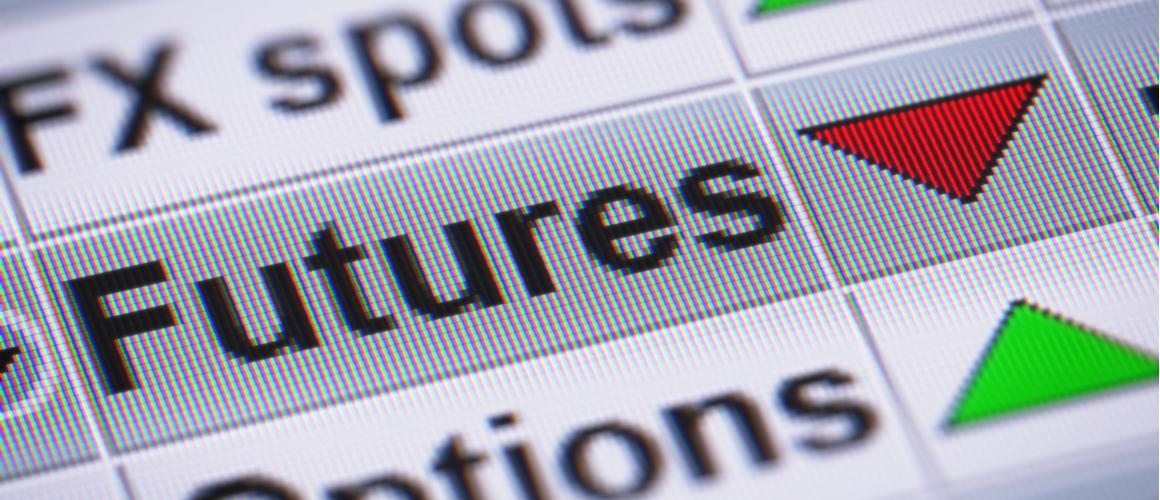
By trading instruments we normally mean financial assets one can trade in order to make a profit.
Forex features a great variety of trading instruments, including major currency pairs and cross rates. They are arranged in a number of groups.
Major currency pairs
The first one consists of major currency pairs, such as EUR/USD, GBP/USD and the like. Among such instruments, most currencies are traded against the US dollar, which virtually guarantees excellent liquidity and volatility of any pair. According to certain data, transactions including USD comprise some 85% of all operations on the market, every step of a great amount of traders giving more dynamics to the price. Major currency pairs have become so popular among players because they help figure out the dynamics of prices and make a profit out of it.
Cross rates
The second group of instruments consists of cross rates, such as EUR/JPY, GBP/JPY, EUR/GBP, EUR/CHF etc. These assets facilitate trading currencies of the 7 leading countries of the world avoiding USD. Such instruments have been created in order to provide for direct payments between the countries and enhance their relations. Pairs from this group also show good volatility and liquidity as well as acceptable spreads and attract a lot of traders.
Cross rates of currencies with high potential
Cross rates of currencies of countries yet having potential for further development comprise a separate group of instruments, example being CAD/JPY (the Canadian dollar to the Japanese yen). Any pair in the group has particularities that let traders make a stable profit.
Precious metals
The fourth group consists of precious metals. The most popular ones traded via USD are gold and silver. Precious metals are most popular among major market players that practically hedge their risks in order to avoid losses. In crises these instruments receive particular attention. They are called “save havens”, and the prices for them normally grow in turbulent times.
Stocks of large companies
The fifth group features a vast variety of stocks of large world companies. Buying a basic asset, a trader does not become its owner, rather, they make an agreement to acquire the difference in the price. Such type of trading is available with CFD instruments. Unlike investors, traders can make a profit out of the growth of the price of their assets as well as out of the fall. Public assets of large companies are normally “transparent”, changes in their price are easy to forecast, thus they are highly popular among traders.
Commodities
The sixth group consists of commodities, gas and oil being the most popular instruments. The influence of hydrocarbons on the world’s economy steadily growing, the interest toward these instruments is more than understandable.
Futures
The seventh group is comprised of futures. Futures strongly depend on the contracts between pairs, this being most obvious in primary producing countries where supply and demand are determined by seasonal changes and the current state of the market.
Options
The ninth group consists of options. In the last few years it has become rather popular to buy an asset (actually the right for it rather than the asset physically) at a certain price for a certain period of time (specified in the contract). These days binary options are of special popularity as they let the trader know the gain as well as the loss in advance.
Summary
Naturally, a trader has to pick up an instrument sooner or later. This is an important step virtually defining the trader’s future on the market. What is more, it is worth keeping in mind that force majeure circumstances such as natural disasters, political instability or major financial and economical crises are possible at any time.
Their consequences would be serious long-time fluctuations of most assets. To work effectively in such circumstances one has to have substantial knowledge and experience in trading. Studying fundamental approach and technical analysis will do only good. But the key point in long-time successful and stable trading is to improve one’s skills and knowledge constantly.
